Keywords: Shame
There are more than 200 results, only the first 200 are displayed here.
-
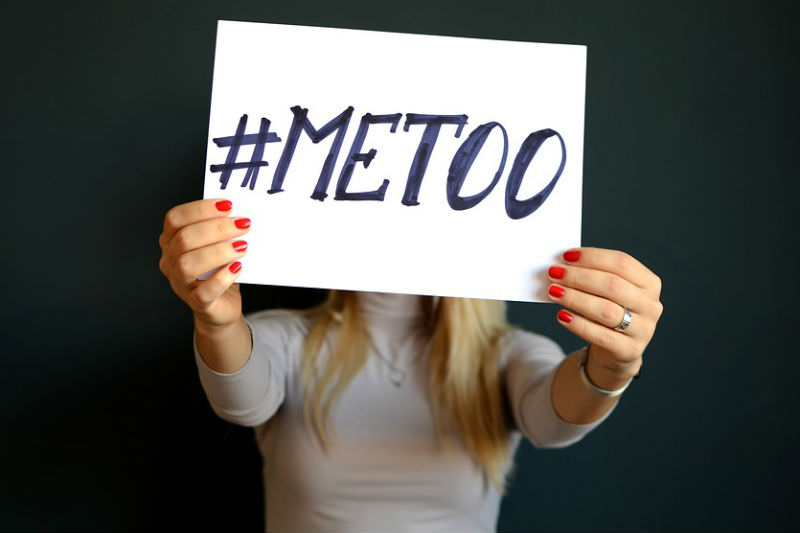
MEDIA
- Kate Moriarty
- 26 October 2017
5 Comments
In real life, 'me too' happens in whispered conversations between close friends. I carry these women's secrets inside me like dark polished stones. I marvel that such strong, capable, ordinary people, from loving and functional families, could be survivors of child sexual abuse. None of them has written 'me too' on their status. I checked.
READ MORE 
-
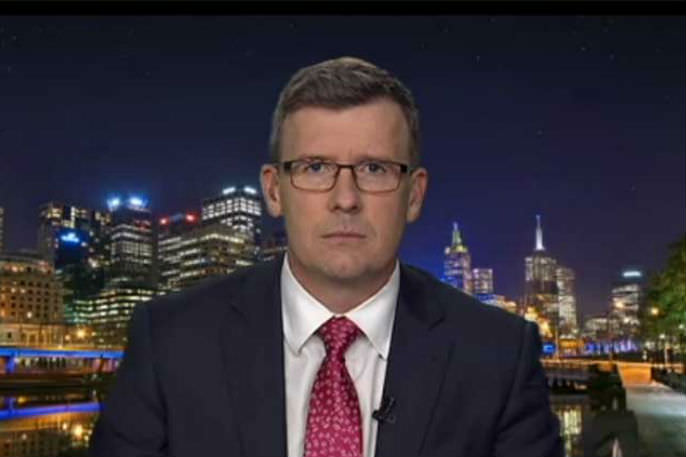
AUSTRALIA
- Amelia Paxman
- 23 October 2017
9 Comments
Increasing the feelings of shame of being unemployed and restricting freedoms doesn't create more jobs and only grinds down a vulnerable group who are subsisting on a meagre payment. But the government is yet to show any meaningful concern over the significant risks of these draconian welfare policies.
READ MORE 
-
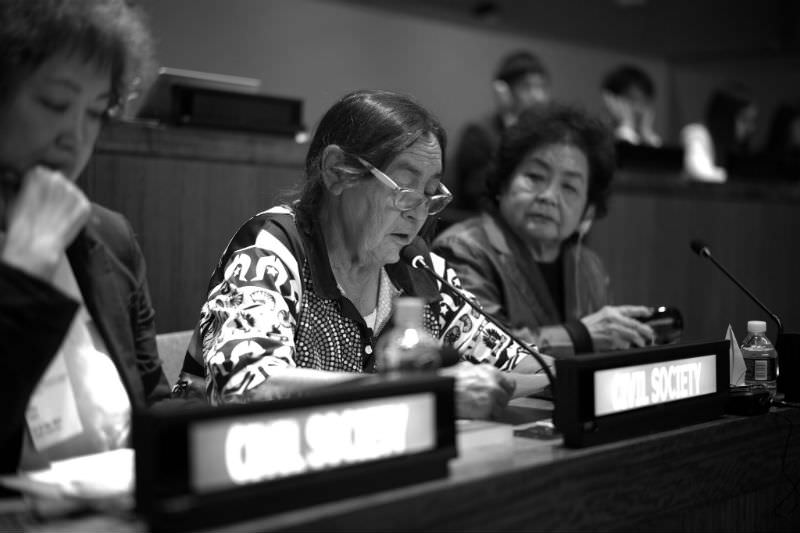
ENVIRONMENT
- Michele Madigan
- 16 October 2017
23 Comments
One of the naysayers following ICAN's receipt of the 2017 Nobel Peace Prize was Australian journalist Andrew Bolt. What was most shameful was his insulting of one of Australia's own nuclear survivors, the late Yankunytjatjara Elder and anti-nuclear advocate Yami Lester.
READ MORE 
-
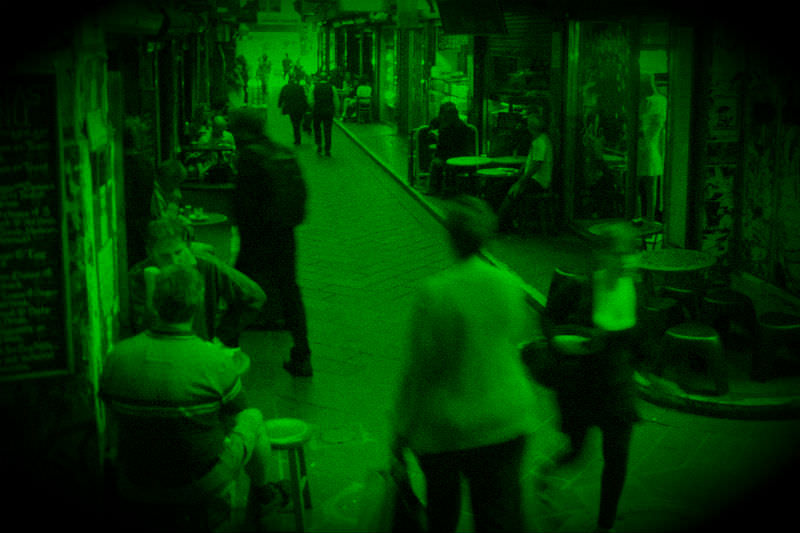
INTERNATIONAL
- Justin Glyn
- 06 October 2017
7 Comments
In this time of austerity I am pleased and proud that Our Glorious Leader has decided to curtail the luxuries which we had formerly enjoyed ... for our own good, of course. I refer, of course, to our rapidly diminishing pool of civil liberties.
READ MORE 
-
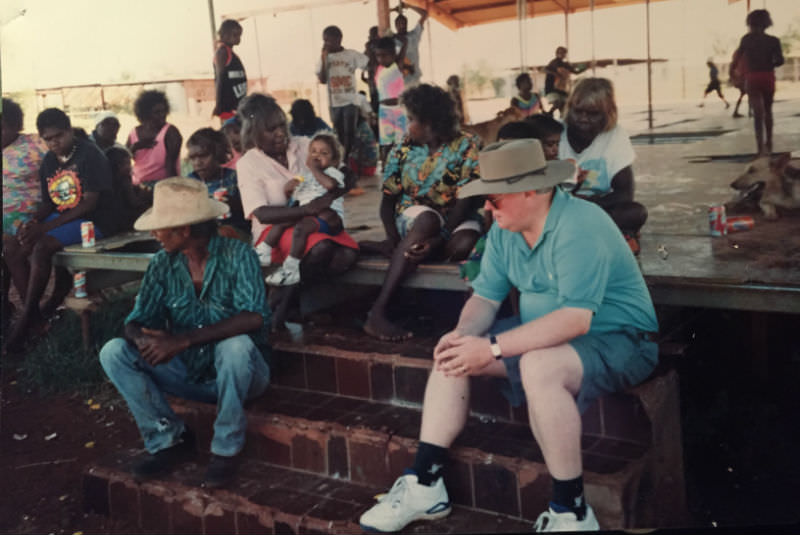
AUSTRALIA
- Brian McCoy
- 28 August 2017
20 Comments
Richardson said that during a visit to Balgo, 'The real shock was that the women could not leave the children at home with the men because sexual assault was so common.' Community members find it very difficult to discuss publicly issues of shame involving others with whom they closely live. It takes time to build up trust.
READ MORE 
-
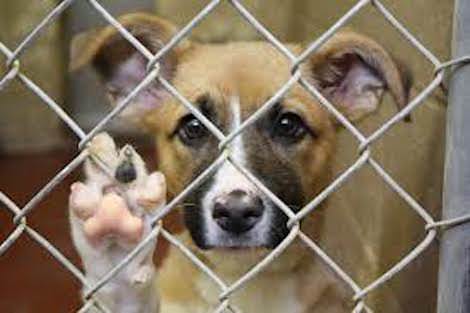
MEDIA
Last week I was rung to say my dog was missing. I finished at work as soon as I could, ringing the local council and neighbourhood vet on the way home. Neither had seen anything of him but suggested we post on social media. As my husband and I drove and walked the streets, the messages came in. People were concerned. He was missing from an enclosed yard. Some offered to look, others from further away, shared hope and the Facebook post. The post went everywhere, the last I saw was in Western Australia.
READ MORE 
-
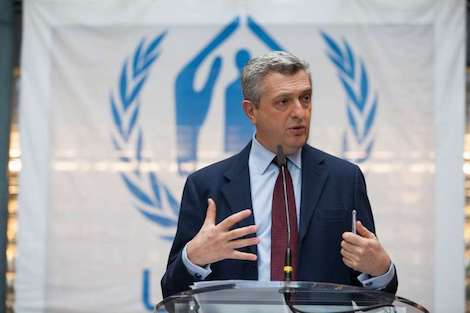
AUSTRALIA
- Frank Brennan
- 02 August 2017
29 Comments
What possessed Filippo Grandi, the relatively new United Nations High Commissioner for Refugees, to go public last week, having a go at Australia for our government’s treatment of unvisaed asylum seekers who arrived in Australia by boat? He repeated UNHCR’s demand that Australia terminate offshore processing of asylum seekers on Nauru and Manus Island and that we not outsource our responsibilities to others.
READ MORE 
-
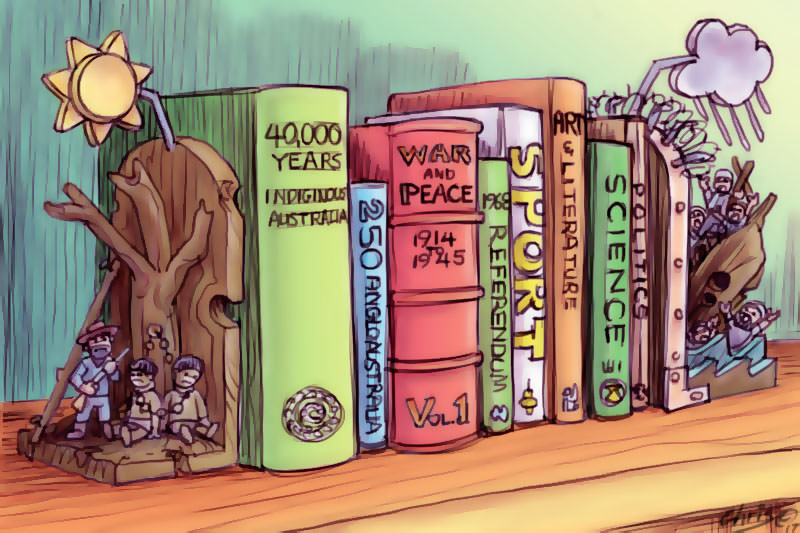
AUSTRALIA
- Andrew Hamilton
- 12 July 2017
9 Comments
Modern Australian history is bookended by the arrival of white settlers in which Indigenous Australians were expelled to the margins, and by the arrival of people seeking protection who were also expelled to the margins. Between these bookends lie the events, the people, the relationships, the enterprises and the experiences that compose the story of Australia. The bookends, though, are a bit shonky: not ideal for supporting proudly the heft of the history that lies between them. They need fixing.
READ MORE 
-
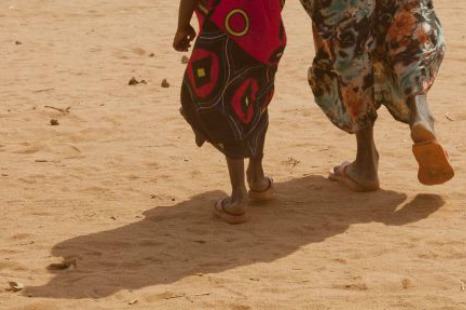
ARTS AND CULTURE
- Victor Ugwu, E. Unimke Ugbong, William Okello Kadima
- 10 July 2017
2 Comments
We remember that sad morning, when the bombs exploded, when the cold air, suddenly became too hot, when the flock became wild, how they ran into the wild. look! see! The vineyard is still on fire! look! see! The market stalls is still on fire! We slowly limped, towards the west we head, to where the air is still cold, to where the field is still green, towards the West, to where came the bombs, we head.
READ MORE 
-
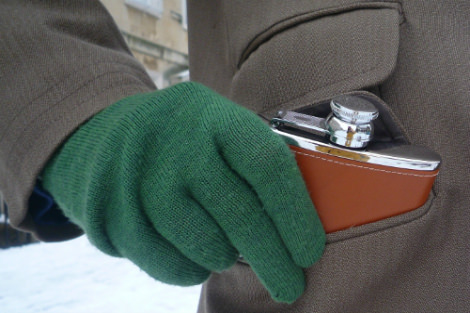
EDUCATION
- Frank O'Shea
- 06 July 2017
2 Comments
Paddy was a mediocre teacher, even if that is the unreliable opinion of a colleague who has great sympathy for what must go on in an English class. He had a weakness not uncommon among the literati and which may well have been a reaction to the rigid pieties of his Tory background. In his case, the consumption of alcohol caused him to become tiresomely scrupulous, seeming to lose the capacity for dissimulation and verbal artifice that are necessary qualities for life in the modern world.
READ MORE 
-

RELIGION
- Frank Brennan
- 26 June 2017
6 Comments
These cardinals have a few strong concerns. They think the pope should be setting down clear universal rules that apply to everyone in every situation. Having spent a life time as a pastor in Buenos Aires, Francis knows life is much more complex and messy than that. These four cardinals pine for the papacy of John Paul II. John Paul was a great leader and a great pope for his time. Francis is also a great leader and a great pope for his time, for our time. John Paul and Francis are very different. But then again, the times are very different.
READ MORE
-
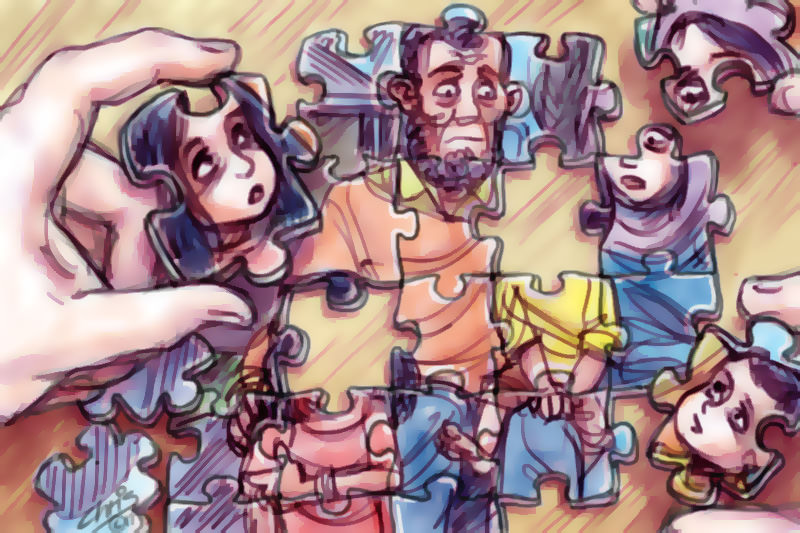
AUSTRALIA
- Andrew Hamilton
- 14 June 2017
3 Comments
World Refugee Day is a time for remembering. We remember we live in a world of millions of refugees, and that many of our fellow citizens arrived as or are the children of refugees. We may remember refugees, but in their own lives they are dismembered. The tiles we take for granted in the mosaic of our ordinary lives have been hacked out of refugees' lives. Many people lost parents, siblings and children in the persecution and terrors they endured. With each loss part of themselves also died.
READ MORE 